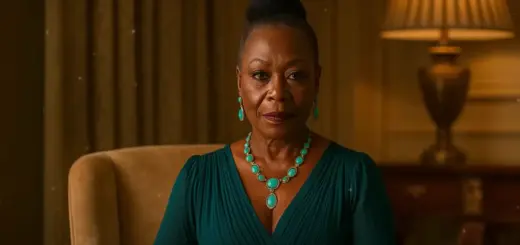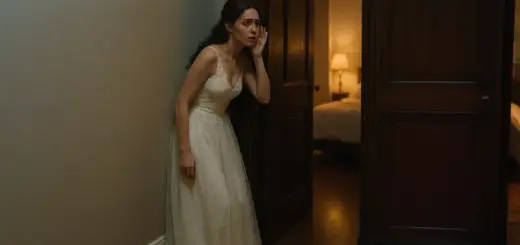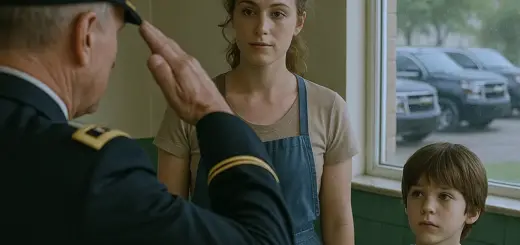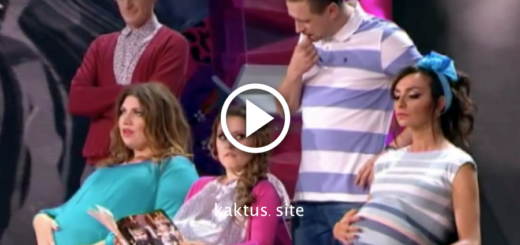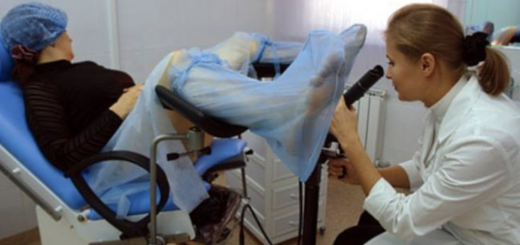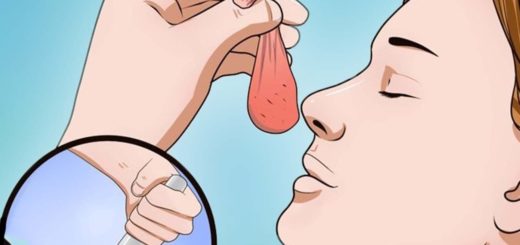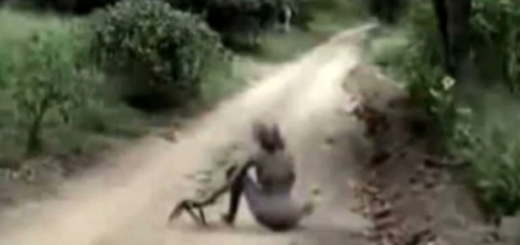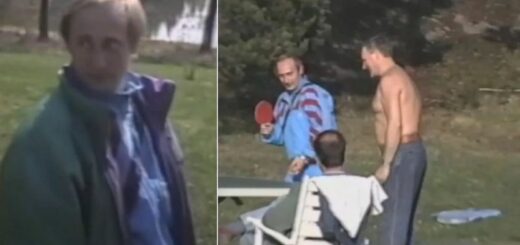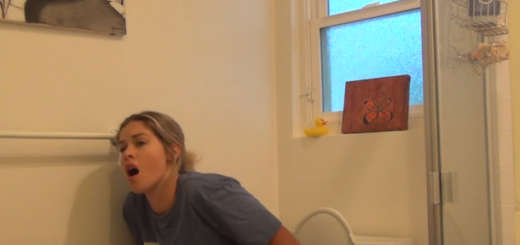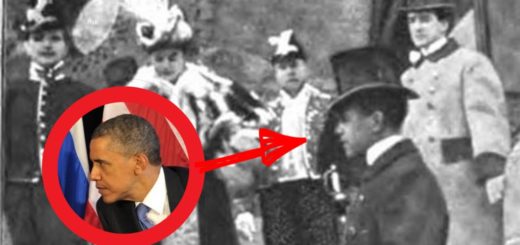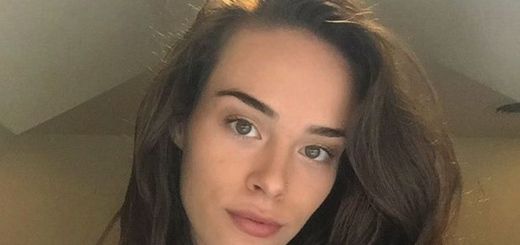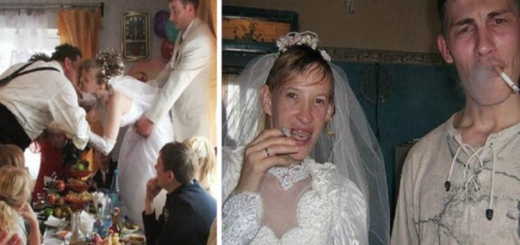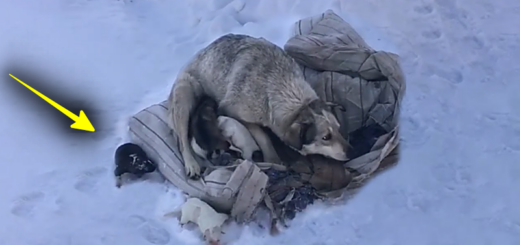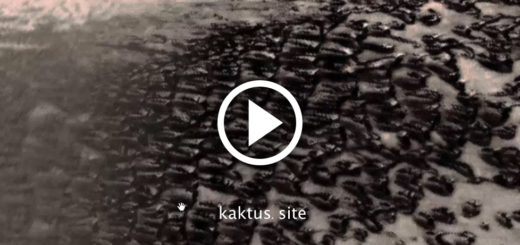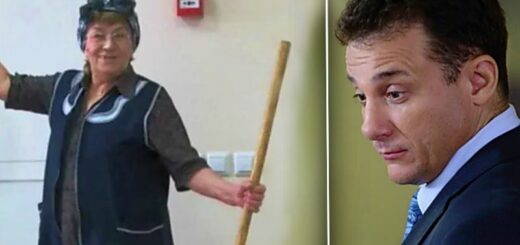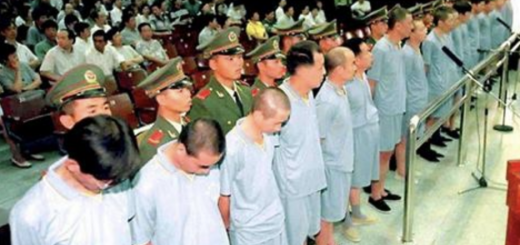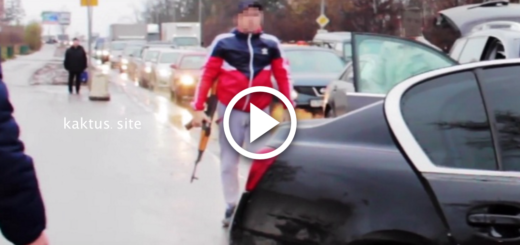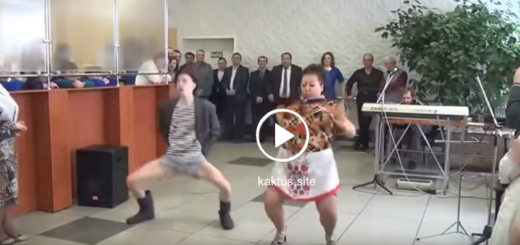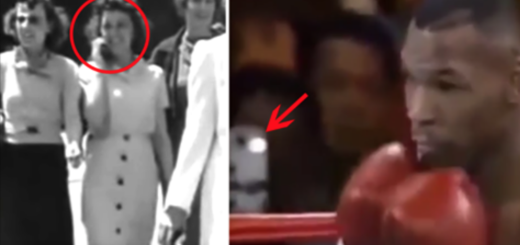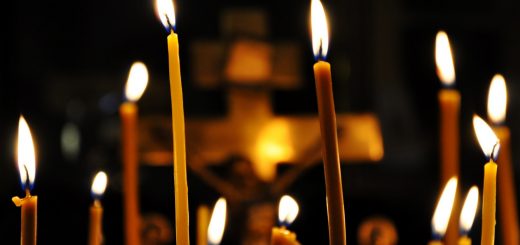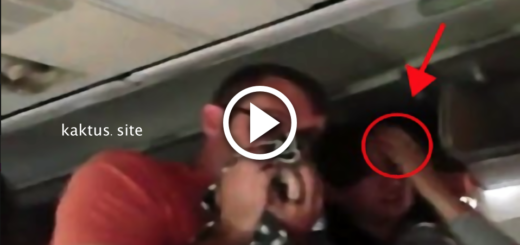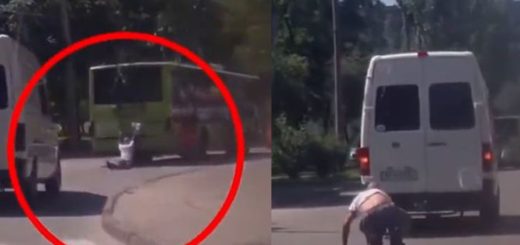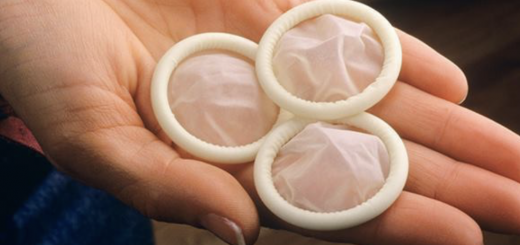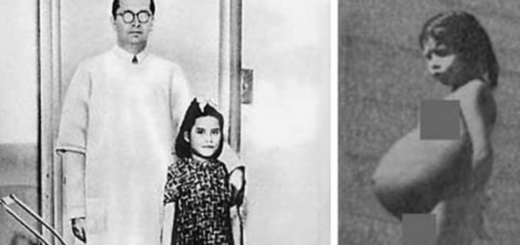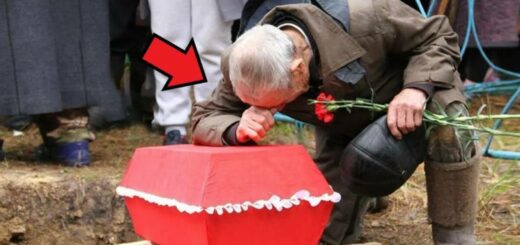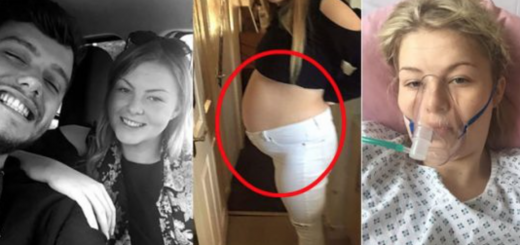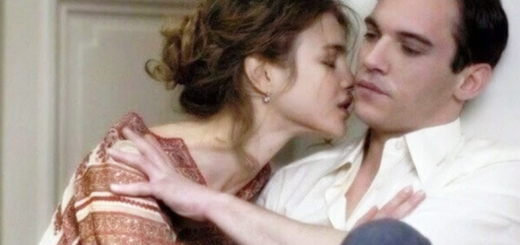The words struck me with the force of a physical blow. I wanted to deny them, but I couldn’t. Because she was right. Maybe I had been changing, growing harder, more callous. Maybe the prospect of that money had unearthed an ugliness in me I hadn’t known existed.
“It was still my money,” I said, the argument sounding feeble even to my own ears.
“It was money from a game of chance,” Mom replied. “Money you didn’t earn through sweat and tears. It was money that could have been a blessing for this entire family, but instead, it was about to tear us apart.”
Silence descended again, her words blanketing the table. I thought of all the times Jessie had been there for me. The time she gave me her last fifty dollars to make rent. The time she sat by my hospital bed when I had appendicitis because Mom had to work. The countless nights she’d talked me through my ugly breakup with Ryan.
And I thought about Mom. The woman who raised two kids on her own, who worked her fingers to the bone, who never once complained about the life she had sacrificed for us.
“I still think you were wrong to burn it,” I said at last. “I think you should have trusted me to make my own choices, even if they were the wrong ones.”
Mom nodded slowly. “Maybe you’re right. Maybe I was. But I did what I believed was best for my family.”
“Your family includes me,” I pointed out gently.
“I know, honey. I know it does.”
Jessie reached across the table, her hand covering mine. “I got a job,” she said softly. “I was going to wait to tell you, but… I got an offer from an insurance agency in Center City. I start next week.”
I looked at her, truly looked, and saw a maturity there that was new. The scattered, dreamy girl was being replaced by a determined young woman. “Jessie, that’s fantastic. I’m so proud of you.”
“I’m going to start paying Mom rent,” she went on, a new resolve in her voice. “And I’m going to help with the house. The roof is leaking in the attic again, and the water heater is making that awful clanking sound.”
I had been so consumed by my own loss that I hadn’t even noticed our shared home was crumbling around us.
“How much do you need?” I asked Mom. “For the repairs.”
“Chloe, I couldn’t possibly ask you to—”
“I’m not giving you a choice. Tell me. How much?”
Mom hesitated. “The roofer quoted me three thousand to fix the leak and replace the rotted wood. A new water heater is about eight hundred.”
I did a quick mental calculation. My savings—the money I had painstakingly set aside for a down payment—totaled around five thousand dollars. If I gave her four, I’d be left with just enough to scrape by for a month or two.
“I can give you four thousand,” I said. “It’s not millions, but it’ll help.”
Tears welled in my mother’s eyes. “Chloe, you don’t have to do that.”
“I want to,” I said, the words surprising me with their sincerity. “This house is important. It’s where we became a family after Dad left. It’s where you taught us to be strong.”
“And where you taught us to look out for each other,” Jessie added.
We sat there for a moment, the three of us, and a feeling I hadn’t experienced in weeks washed over me. It wasn’t happiness, not exactly, but a quiet sense of peace. I had lost a fortune, but I hadn’t lost my family.
“I’m still mad about the ticket,” I said.
“I know,” Mom replied.
“And I still think you were wrong.”
“I know that, too. But I love you.”
“I love you too, baby. Both of you.”
After dinner, I helped Mom with the dishes while Jessie swept. It felt routine, normal, yet fundamentally different. It felt like we had all passed through a fire and come out changed on the other side.
As I was leaving, Mom pulled me into the hallway. “Chloe,” she said in a low voice. “There’s something I want you to do.”
“What?”
She glanced over her shoulder to ensure Jessie was out of earshot. “I want you to go to the lottery office tomorrow. I want you to check on that ticket for real.”
I stared at her, confused. “Why?”
“Because I need to know for sure that I did the right thing,” she said, her eyes pleading. “And because you need to know, too.”
Monday morning found me in the parking lot of the Pennsylvania Lottery headquarters, staring at the imposing brick building as if it were a tribunal. I’d been sitting there for twenty minutes, trying to summon the courage to go inside. What if I had been wrong? What if this entire family drama had been for nothing? But the alternative was just as terrifying. What if I had been right?
Finally, I got out of the car. The lobby was sterile and quiet. A pleasant-looking woman sat behind a reception desk.
“Can I help you?” she asked with a polite smile.
“I hope so,” I said, my voice unsteady. “I believe I may have purchased a winning ticket a few weeks ago, but… there was an incident. The ticket was destroyed.”
Her expression softened with sympathy. “Oh, dear. What kind of incident?”
“It was… burned.”
“Oh, my. Well, let’s see what we can find out. Do you remember the date of purchase and the location?”
I gave her every detail I could recall. The date, the Wawa on Aramingo Avenue, the numbers I always played. She typed methodically into her computer, the quiet clicks echoing in the silent lobby. I held my breath.
“Okay,” she said after a few minutes. “I do see a ticket with those numbers purchased at that location on that date.” She turned her monitor toward me. “Let me just pull up the winning numbers for that drawing.”
There they were, displayed in crisp, digital clarity. 7, 14, 23, 35, 42. Powerball 18.
“Those are my numbers,” I whispered.
“And you’re absolutely certain the ticket was destroyed?”
“I watched it burn.”
She looked at me with genuine pity. “I am so, so sorry. That’s just heartbreaking. But here is the official status: this winning ticket has never been claimed.”
“What does that mean?”
“It means that either the winner is unaware, they’ve lost the ticket, or… something like your situation has occurred.” She paused, letting the weight of the information settle. “The deadline to claim the prize is in about three months. After that, the money is forfeited to the state’s fund for senior programs.”
Nausea churned in my stomach. It was all real. I had won. My mother had burned a winning, two-and-a-half-million-dollar lottery ticket.
“Is there anything at all I can do?” I asked, a desperate last plea.
She shook her head sadly. “I’m afraid not. The physical ticket is the only acceptable proof of a win. Without it, there is no way to claim the prize.”
I thanked her and walked back to my car, my legs feeling like they might buckle. I sat there for a long time, the truth a roaring inferno in my mind. One part of me wanted to drive straight back to my mother’s house and unleash a storm of rage. The other part just wanted to go home and sleep for a year.
Instead, I drove to work. I was three hours early for my shift, but I craved the normalcy, the structured and familiar chaos of the hospital. Nurses hurried down hallways, doctors consulted charts, and families navigated their own personal crises.
Brenda found me in the break room, staring into a cup of coffee I had no intention of drinking.
“Chloe? What are you doing here? I thought you weren’t on until three. You feeling better?”
“I’m fine,” I said, the lie tasting like ash in my mouth.
She sat down opposite me, her face etched with concern. “You don’t look fine. You look like you’ve seen a ghost. Talk to me.”

